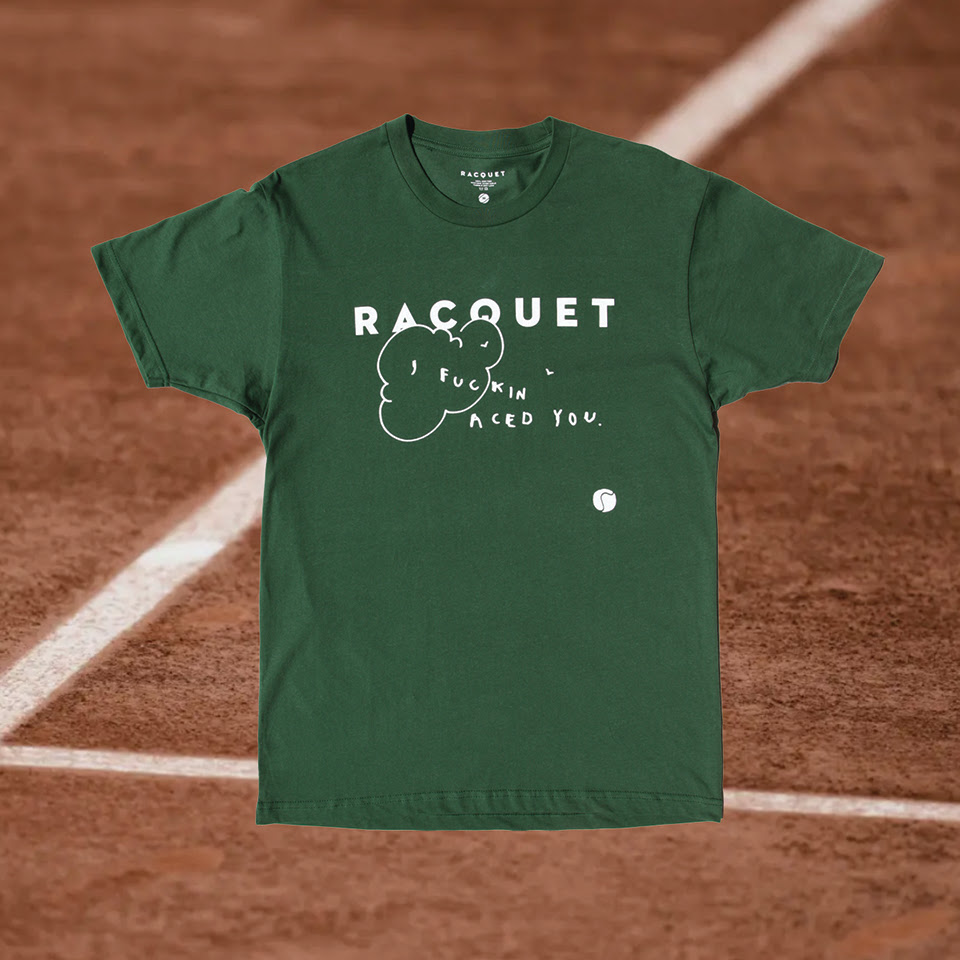By Giri Nathan
One cruelty of sports is how injury can fade a name from collective memory. Once upon a time, a 26-year-old American called Jen Brady had possibly the heaviest forehand on the WTA and was en route to becoming one of its most dangerous hard-court players. This was during the wonky days of pandemic tennis, with crowdless matches and pre-tournament quarantines. Brady came up in the 2020 season, breaking into the top 50, then the top 25, and making a shocking run to the US Open semifinal (loss to Naomi Osaka). In 2021, she emerged from two weeks of “hard” quarantine in a Melbourne hotel room—no access to tennis courts, just stationary bike workouts and hitting tennis balls into an upturned mattress—to make the Australian Open final (another loss to Naomi Osaka). Brady made it to No. 13 in the world, and it seemed like she could keep rising. Instead, she fell into nearly two years of knee and foot misery, which finally concluded in her return to the WTA last week in D.C., and, this week in Montreal, her first tour-level win in more than two years.
If you like a gnarly injury comeback story, Brady has all the goods. Pain plagued her last few months on tour before her layoff. As she told the Times, the plantar fasciitis and nerve compression in her left foot meant that walking around “was like stepping on a porcupine every step, and I was so sensitive that I would have to take my shoe and sock off because my foot would be so hot. It felt like somebody was lighting a match on my skin.” Compensation for the foot caused pain “everywhere.” Eventually, in her last match of 2021, she abruptly felt a sensation in her left heel like an “explosion” and retired from the match. The diagnoses: a partial tear in her left plantar fascia and a stress fracture in her right knee. Over the ensuing recovery, she occasionally found herself looking at her left foot and wishing she could “just chop it off.” In tennis, there’s no team to continue paying out salary or footing the bills for rehabilitation; Brady, who had only briefly sampled the payouts at the top of the game, wondered when she’d be able to stop blowing through her savings and go to work again.
Looking back at 2021, Brady’s opponent at the time of the left foot “explosion” was Jelena Ostapenko. If I were designing a reorientation program for WTA players returning from severe injury, I think it would be rude to schedule a rematch with the opponent from the match where they suffered said severe injury. It might even be rude to schedule them any match against Jelena Ostapenko, full stop. But Jelena Ostapenko was indeed Brady’s first-round opponent in Montreal this week. It took more than two and a half hours, and fending off two match points, but Brady got her first WTA win in nearly two years, 7–6(7), 0–6, 7–6(8). Somehow the most Ostapenko-ish detail here is not the flip-flopping scoreline but her delivery of a no-look, dead-fish handshake despite having had a front-row seat to that opponent’s career-derailing injury. For a true hater there are no exceptions to the lifestyle, not even in cases of triumph over hardship. On the subject of handshakes: Brady, who last competed during COVID-19 protocols, entirely forgot to shake the umpire’s hand after this momentous win.
Brady was also characteristically frank about her progress afterward: “I have no idea how I won that match. On the court I don’t feel like I’m moving as good as I want to, I’m not hitting the ball as deep or heavy as I want to. I’m not playing good tennis, I’m just playing tennis.” But she could not have been so salty about her play in the next match, another three-setter, this time against the No. 3 seed Elena Rybakina. Though the contest was interrupted by rain and stretched across two days, the hitting was spectacular in patches. The two had never played before. Rybakina, with her big serving and flat power, is one of the three players who have come to rule the tour during Brady’s hiatus, an unfamiliar but firmly established top dog. In this match, Brady nearly proved her equal, her topspin forehand evoking some (if not all) of its former glory. Rybakina won, 6–7(3), 7–6(5), 6–3, but Brady should take heart in testing an elite player just three weeks into her comeback. Also, crucially, she should keep making these cartoonish sounds.
Above: Jenn Brady whilst exacting revenge on Jelena Ostapenko in Montreal. (Getty)



